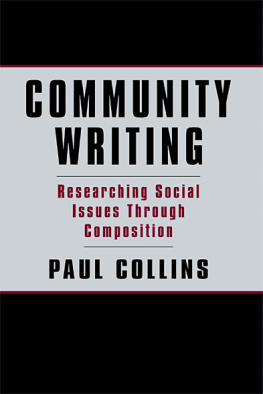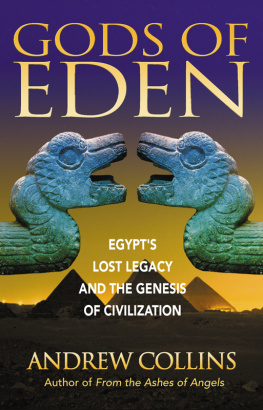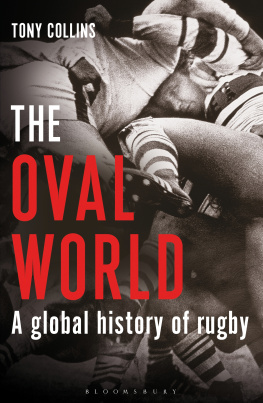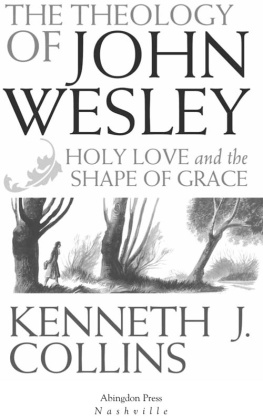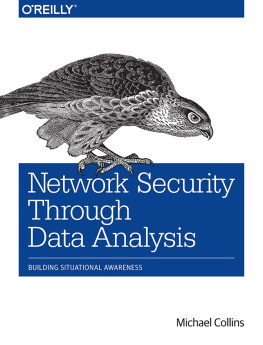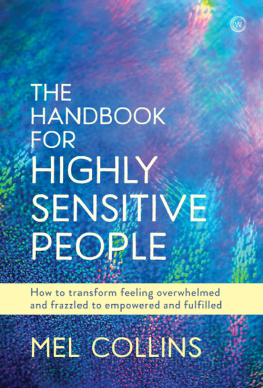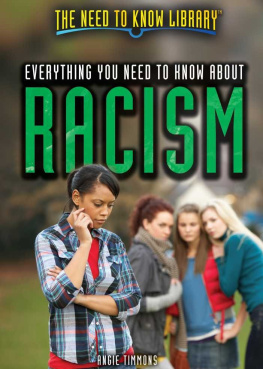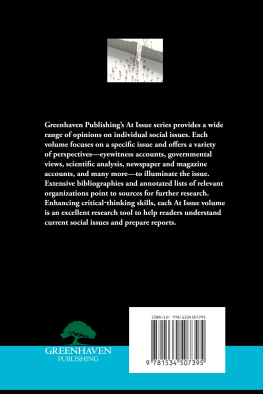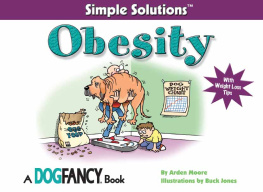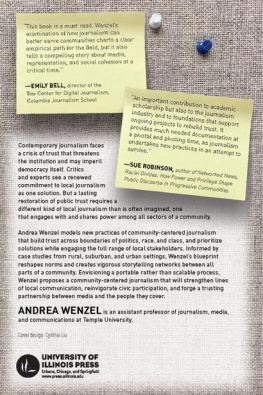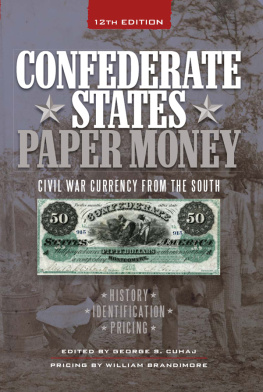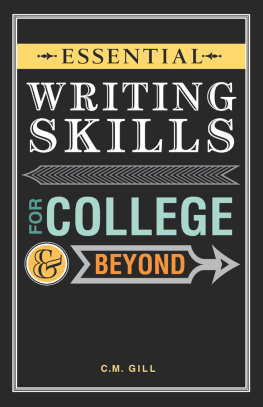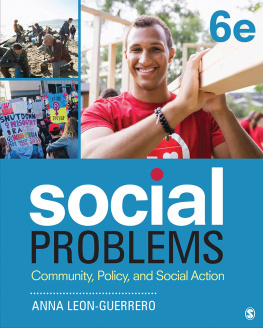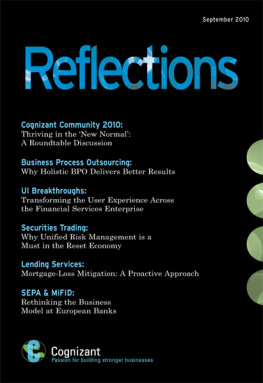All rights reserved. No part of this book may be reproduced in any form, by photostat, microfilm, retrieval system, or any other means, without prior written permission of the publisher.
This edition published in the Taylor & Francis e-Library, 2007.
To purchase your own copy of this or any of Taylor & Francis or Routledges collection of thousands of eBooks please go to www.eBookstore.tandf.co.uk.
A NOTE TO INSTRUCTORS
How This Book Came About
This book started with the worst teaching experience in my life.
At the tender age of 23, I taught my first composition class in Brooklyn. It was overflowing with students who neither wanted to be there nor quite believed that the quaking young man before them would actually be responsible for their development over the next 14 weeks. I hadnt received any instruction in teaching or on the schools resources; I didnt even know how to fill out the add/drop forms correctly.
My sole source of support was a pedagogy seminar with other newly minted composition adjuncts, all of whom were actually bewildered lit. scholars like myself. In our desperate need to fill class hours, these seminars were spent swapping our latest surefire writing exercises. Strangely enough, the germ of this volume came from one of these besieged sessions.
What Makes You Angry? was my colleagues inspired choice of a paper topic. It works like a charm, she marveled. After all, theyre all angry about something. They were just filling up page after page on that one. I tried it in my class the next day and, sure enough, it was a great hit. In my inexperience I only saw it as one of the better choices in a long series of classroom papers that were unrelated to each other. But what I discovered was the power of a question that allowed students to express their needs and opinions within their own community. Theyd found a reason for writing situated within their experiences, and both the quality and volume of our classroom discourse leaped dramatically in response to this.
As I taught more composition courses, I became dissatisfied with the absence of textbooks that could adequately prepare a student to deal with these community issues. Some textbooks spooned out preselected important social issues like cod liver oil, without bothering to ask whether students would have a reason to care about them. Others assumed a mercenary rhetoric of arguing an opinion into the ground without having the students first make sure that their opinions were worth arguing for. Even those that had students deal critically with issues within their own community often failed to take into account the bias and deception practiced by many erst-while sources.
If youve read this far, then you, too, have probably faced many of the same doubts that I did as a composition teacher, and have felt the same lack of a curriculum that would address your needs. This textbook addresses the need for students coming from disparate communities to critically research and act upon conflicts within those communities.
The Theory Behind This Book
This textbook is based on both social-epistemic rhetoric and the pragmatist theories of William James, Charles Peirce, and John Dewey. Pragmatist philosophy underlies these basic educational principles:
Philosophy is to deal with conflicts generated within ones daily life.
Provisional philosophies are constructed by individuals as they address conflicts. Knowledge is a construct identifying conflicts we have provisionally deemed as solved.
Given the conflicting arrays of knowledge generated by investigations, education should guide students into methodologies of logic, rather than toward established facts.
Educators should strive toward a continuity of experience, or investigations that build upon the students previous inquiries.
Given Deweys emphasis on providing methodology for knowledge making rather than on fixed canons of information, any experience can serve as a starting point for critical thinking. To Dewey, the effective instructor elicits the investigation of a specific conflict or challenge, empowering students to investigate other conflicts in the future.
This holds three implications for this textbooks use of community issues as thematics for critical literacy:
Because language is used by individuals to satisfy social needs, a pedagogy should find those needs that compel a writer to communicate with others.
The social construction of knowledge requires that writers be aware of numerous competing perspectives on the issues they are researching.
If knowledge is dialogic, then an experiential pedagogy employing peer response is essential to a writers development.
How This Textbook Works
Community Writing guides students into the critical investigation of conflicts within their own communities to encourage local inquiry and problem solv-ing. Each student begins by identifying a community that they belong to, and focusing upon a problem in it. After observing the problem, they analyze possible solutions, construct arguments for them, decide which are likely to succeed, and consider how to initiate action.
This textbook is recursive, with short writing assignments in each chapter building up to longer papers. Each of the assignment questions is accompanied by guides to thinking about and writing the assignment. These are then followed by a short Focus On reading; these provide brief accounts of community activism, media case studies, and notable success stories.
The longer papers are accompanied by in-class peer reading; each successive peer reading attempts a higher level of conceptual critique. By working together throughout the semester, students create increasingly adept peer groups familiar with all the stages of a students research.
Given the vagaries and schedules of the individuals that the students contact, the timeline behind student assignments may need to become flexible. Some sources will be much more productive than others, of course. Students should be encouraged to allocate their time accordingly, but always after they have at least attempted using each potential source enough to be familiar with the process.

